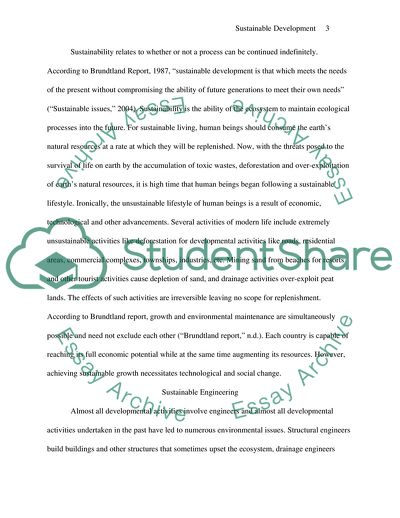Cite this document
(Sustainable Development and Industrial Ecology Essay - 1, n.d.)
Sustainable Development and Industrial Ecology Essay - 1. https://studentshare.org/environmental-studies/1720302-essay-assignment
Sustainable Development and Industrial Ecology Essay - 1. https://studentshare.org/environmental-studies/1720302-essay-assignment
(Sustainable Development and Industrial Ecology Essay - 1)
Sustainable Development and Industrial Ecology Essay - 1. https://studentshare.org/environmental-studies/1720302-essay-assignment.
Sustainable Development and Industrial Ecology Essay - 1. https://studentshare.org/environmental-studies/1720302-essay-assignment.
“Sustainable Development and Industrial Ecology Essay - 1”. https://studentshare.org/environmental-studies/1720302-essay-assignment.


